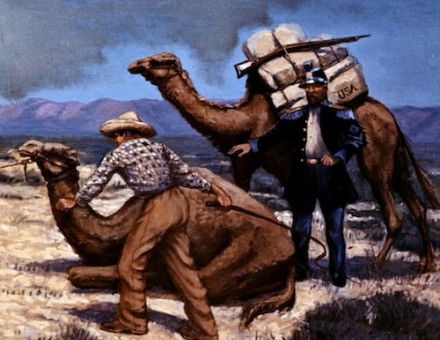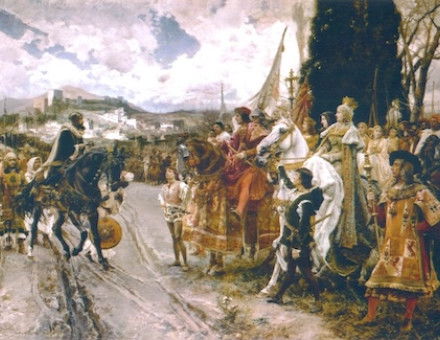Black People in Britain: Response and Reaction, 1945-62
Paul Rich argues that while the official response to post-war immigration was slow to develop, the tensions and white backlash of the late fifties marked its emergence as a national political issue.
The Settlers from the West Indies and South Asia who arrived in Britain from the late 1940s up to the 1960s found a society remarkably unprepared for their incorporation into its elaborate class and cultural networks. Almost from the very start of this post-war migration, when the SS Empire Windrush docked at Tilbury in June 1948 with 492 passengers from the West Indies, there was a mixture in governmental circles of either panic and fear of impending racial conflict or a more detached dismissal of the whole issue as a storm in a teacup. One Home Office civil servant minuted for example that 'sooner or later action must be taken to keep out the undesirable elements of our colonial population', for otherwise their presence in Britain would present 'a formidable problem' to the various government departments concerned, such as the Home Office, the Colonial Office and the Ministry of Labour. Some government ministers, including the Prime Minister Clement Attlee, refused to take the 'Jamaican party' to the United Kingdom 'too seriously', though the worry in official circles continued to increase over the following years.





